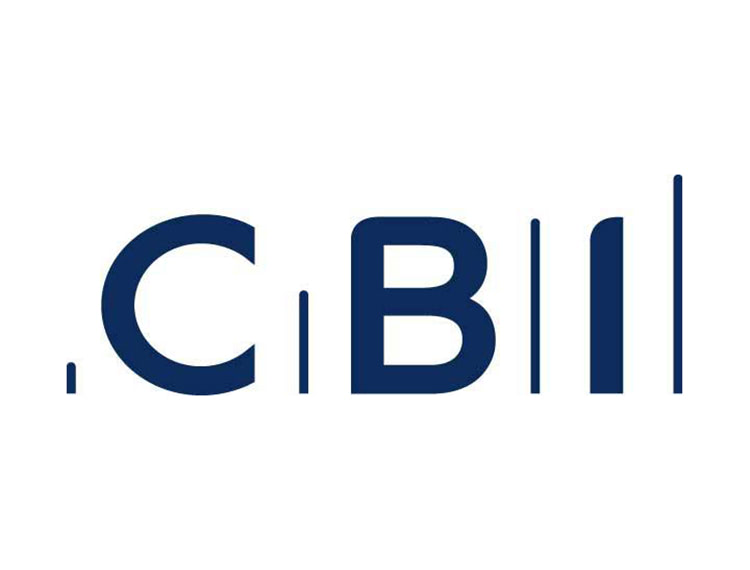The Prime Minister addresses #CBI2018

2,000 business leaders crowded the room at the CBI Annual Conference to hear Theresa May talk about Brexit – and her vision for the UK economy.
Recognising the level of concern in the room, the Prime Minister “got right to it” and explained why she thought the Withdrawal Agreement was a good one.
“I have always had a very clear sense of the outcomes I wanted to deliver for people in these negotiations,” she said. “Control over our borders, by bringing an end to free movement, once and for all. Control of our money, so we can decide for ourselves how to spend it, and can do so on priorities like the NHS. Control of our laws, by ending the jurisdiction of the European Court of Justice in the United Kingdom and ensuring that our laws are made and enforced here in this country. Getting us out of those EU programmes that do not work in our interests, like the Common Agricultural Policy and Common Fisheries Policy. And that is exactly what we are going to deliver.”
She also took the time to focus on post-Brexit immigration as a big worry for business, arguing she wanted a system that works for business, but that it “must also command confidence of the public”.
A new relationship
“Now we have agreed the Withdrawal Agreement it is important that we focus on the new relationship we want to build with the EU,” May continued. “And that new relationship must set us on the path to a more prosperous future. To do that, it needs to work for jobs right across our economy. Because we are not talking about political theory, but the reality of people’s lives and livelihoods.
“Jobs depend on us getting this right.”
On goods, she emphasised the importance of maintaining frictionless trade with the EU – because “while the world is changing fast, our geography is not”.
On services, she stressed the need for a more ambitious trading relationship than any existing free trade agreement, because “the UK is not just a European hub, but a global hub for service – and our future success depends on us continuing to be so”.
Business as a force for good
Theresa May also talked about making the most of opportunities over which business has more control. Highlighting low unemployment figures and the difference having a job can make, she said: “It is why starting a business, growing a business, and keeping it thriving and successful are some of the most socially responsible things you can do in life.”
At a time when people are questioning whether free markets and an open trading economy can work for everyone in society, she added that business needed “to do more to win that argument”. She called on them to “step up to demonstrate that you truly have a stake in the success of this country”, particularly by investing in training.
By increasing investment in R&D, business can help the UK become the ideas factory of the world, she added.
But importantly, May said that government wanted to work in partnership with business “every step of the way”.
“We all believe in business as a force for good – and I want everyone here to work with me to make the most of the opportunities that lie ahead.”
Responding to the Prime Minister’s speech, Carolyn Fairbairn, CBI Director-General, said:
“The Prime Minister has opened the door for enterprise and government to work together and build a fairer and more competitive UK.
“Getting the right Brexit deal will dominate the coming weeks but we can’t afford to lose sight of the domestic agenda. At the heart of that is people. We need a focus on jobs, skills and investment.
On immigration, Carolyn said:
“Government may be listening to business when it comes to immigration, but they still aren’t hearing.
“Free movement of people is ending and a new immigration system represents a seismic shift – one that firms across the country need time to adapt to.
“A false choice between high and low skilled workers would deny businesses, from house builders to healthcare providers, the vital skills they need to succeed.
“The best way to build public confidence is through a migration system based on contribution, not numbers.”
On Brexit, Carolyn said:
“Future prosperity depends on getting the Brexit deal right. The overwhelming message from business is to make progress, don’t go backwards.
“We need frictionless trade, ambitious access for our world-beating services and a transition period which draws us back from the cliff edge. Anything less than that and jobs and investment could suffer.”












Responses